It’s never easy to lose a loved one, even if they’re buried in a place that may be visited. Indeed, some people miss their lost relatives and friends so much that they leave wonderful and creative tributes such as flower arrangements and, in certain cultures, delicacies. However, depositing pennies on gravestones appears to be reserved for military personnel and has a particularly unique value for veterans and their families.
Why Do People Leave Coins on Gravestones?
The practice of placing pennies on gravestones has a hazy background. Some claim that the ritual stretches back to the Roman Empire. Snopes, on the other hand, claims that “there’s no reason to believe that it does.” Because of “a lack of documentation.” In any case, one thing is certain. Those who serve in the military services, as well as those who support them, make sacrifices that most people cannot fathom.
It follows that it is not unexpected that people who have served together will find a means to pay tribute to those who have passed away. There are rumors that the practice of placing pennies on gravestones dates back to the Vietnam War. It seemed safer for people to get in touch with each other when money were placed on gravestones. “Leaving a coin was considered a more practical way to let them know that you had visited the soldier’s grave than contacting the soldier’s family, which might turn into an unpleasant discussion over politics relating to the war, due to the political division in the country over the war.” explains a page from the website of the American Legion.
Respect in Symbolic Form
Additionally, the custom of placing money on gravestones originated as a means for soldiers to pay tribute to their “fallen comrades” or “buy them a beer.” Interestingly, every coin has a distinct meaning.
For instance, the presence of a penny indicates that someone was there. A nickel, on the other hand, represents the individual who left the souvenir and the dead were both in boot camp, giving it a somewhat more emotive connotation.
The dime represents teamwork, even if it is just for a few time before being transferred; the quarter, maybe the most terrifying currency of them, represents a tombstone. The quarter reveals to the departed person’s relatives that the person who left the keepsake was in fact present when they passed away.
Additional Traditions in Military and Monetary
It’s interesting to note that challenge coins are another well-liked military custom, thus placing cash on veterans’ gravestones isn’t the only one involving money or even “coins.” Although themed and customized coins are available now, during World War One they played a major role in US military customs. The custom is intended to represent the togetherness of all those who have served. They are not worth money, despite the fact that they are incredibly meaningful and symbolic of something amazing.
Additional Traditions in Military and Monetary
It’s interesting to note that challenge coins are another well-liked military custom, thus placing cash on veterans’ gravestones isn’t the only one involving money or even “coins.” Although themed and customized coins are available now, during World War One they played a major role in US military customs. The custom is intended to represent the togetherness of all those who have served. They are not worth money, even though they are incredibly meaningful and symbolic of something amazing.

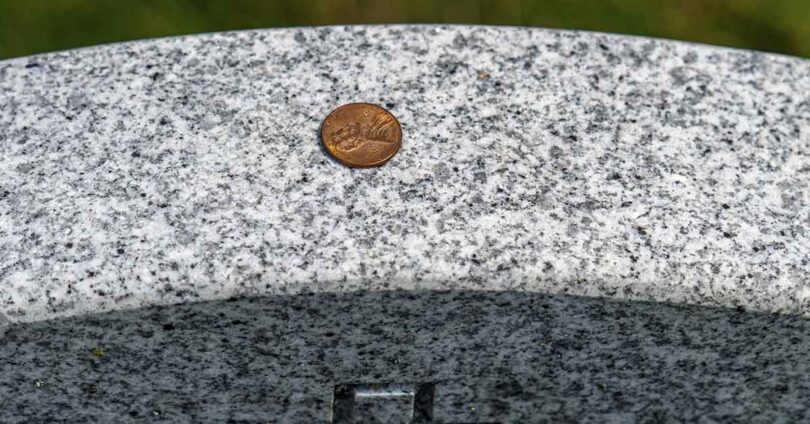
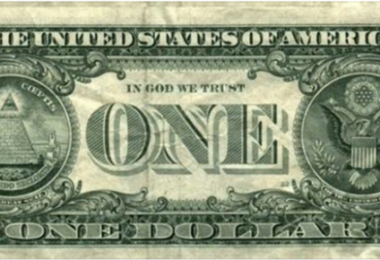
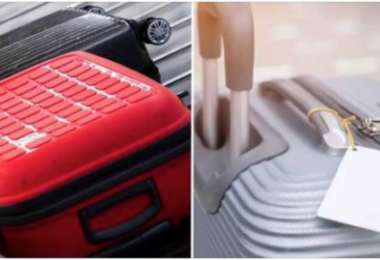
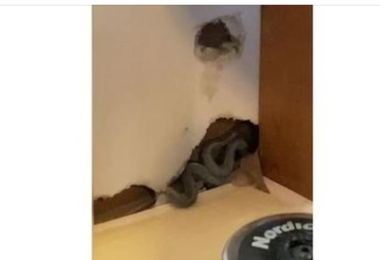
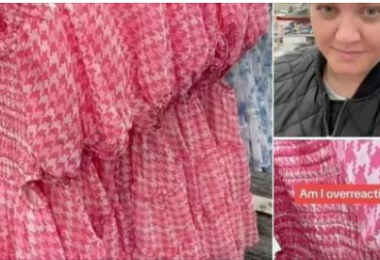
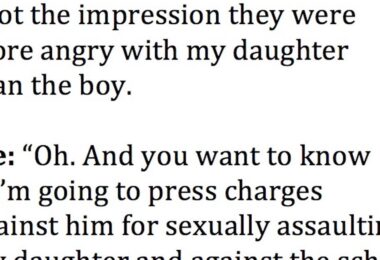
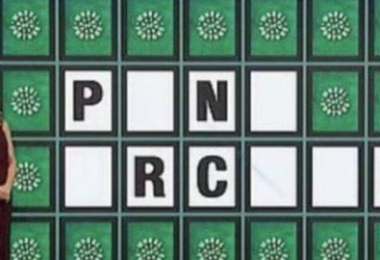
Leave a Comment